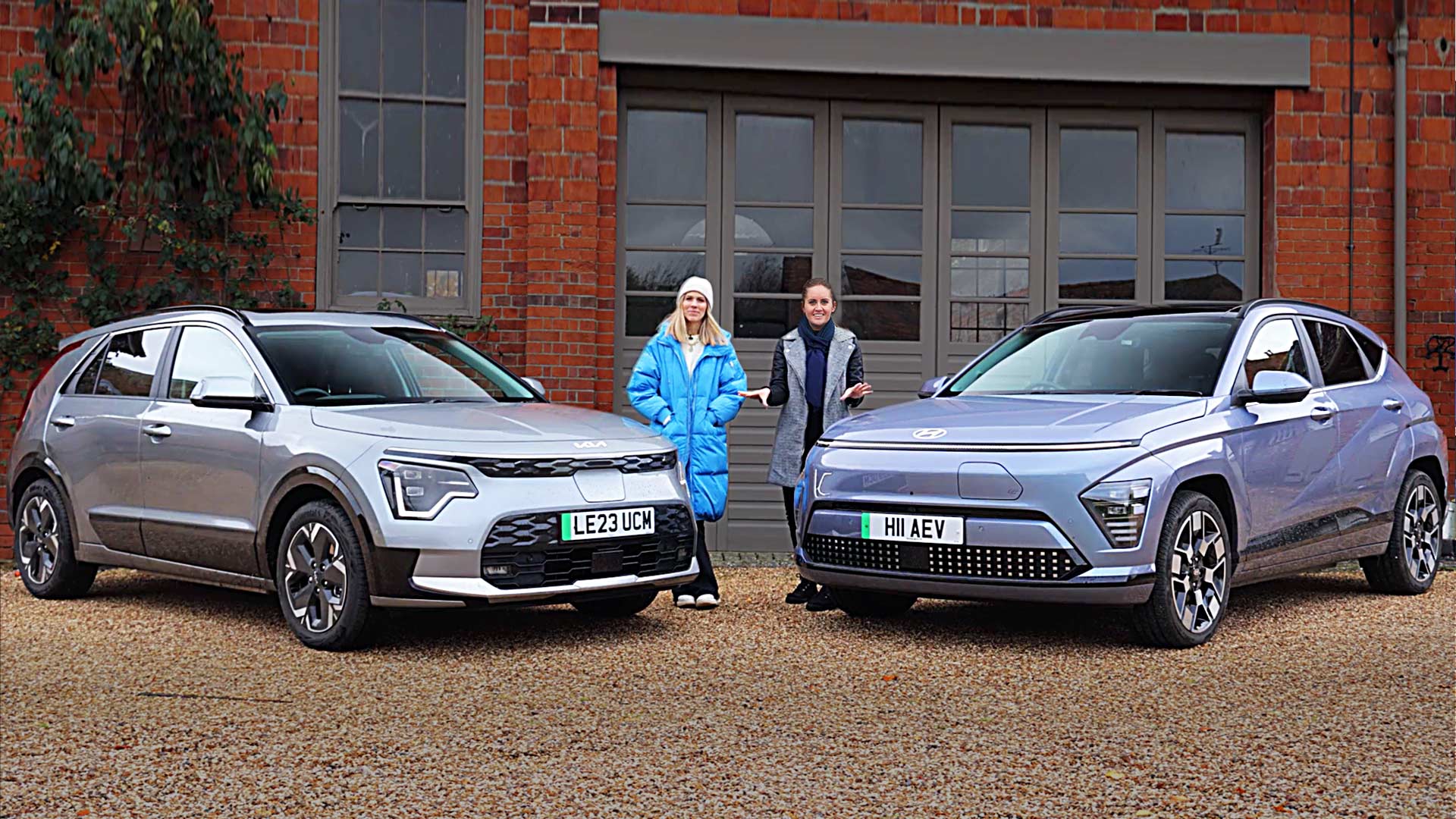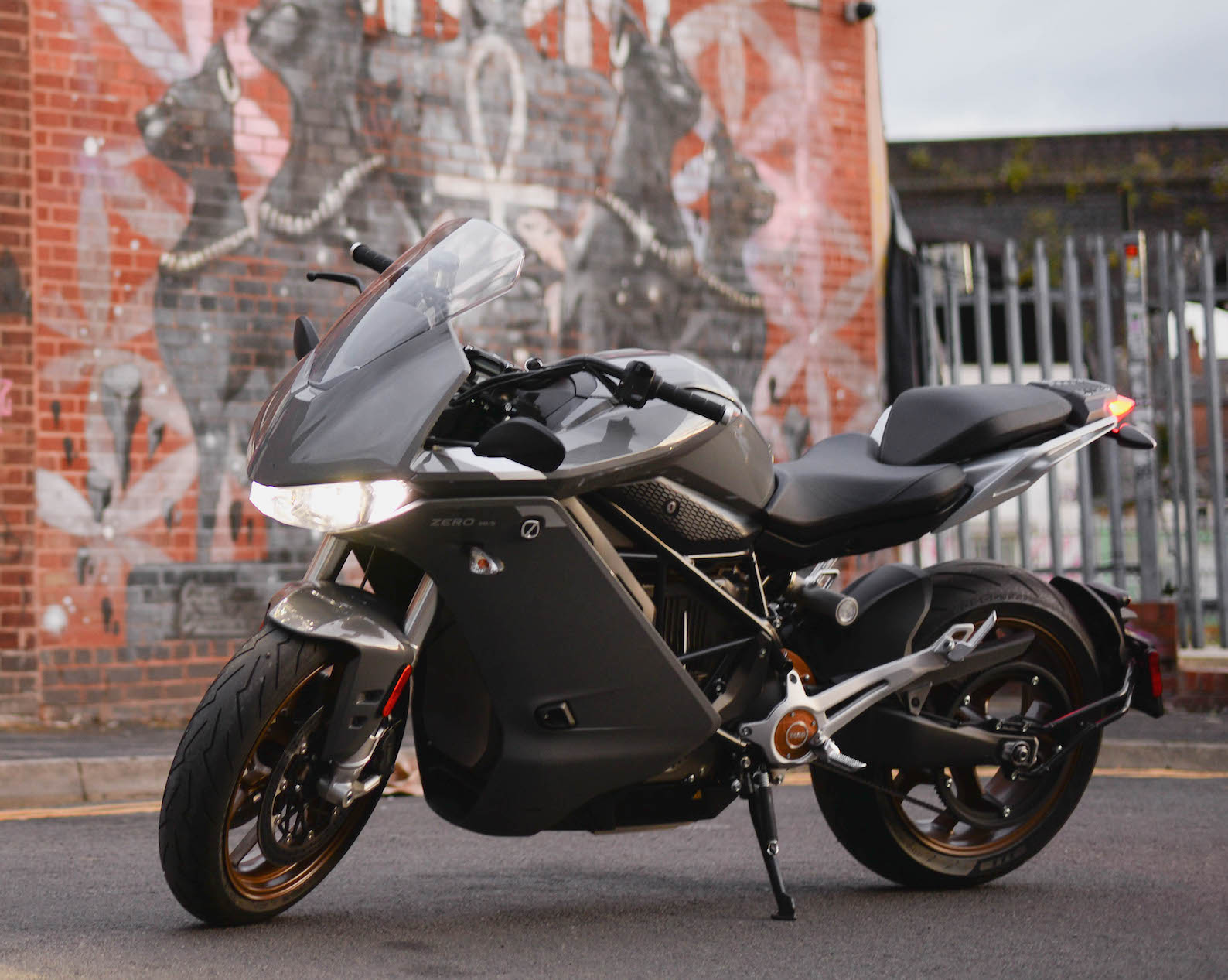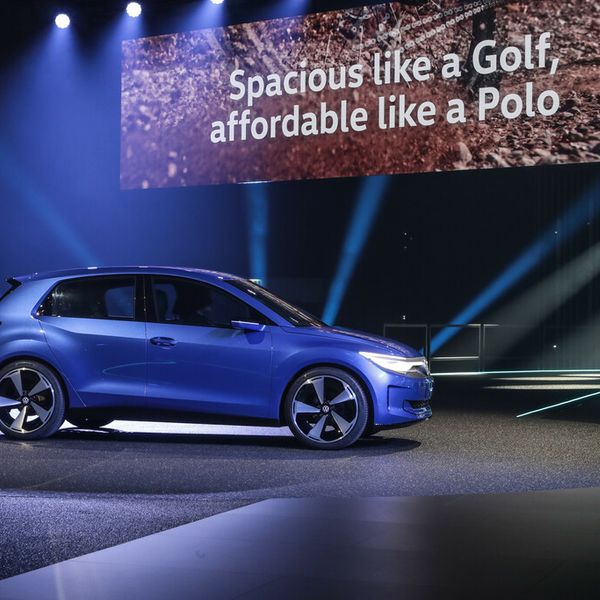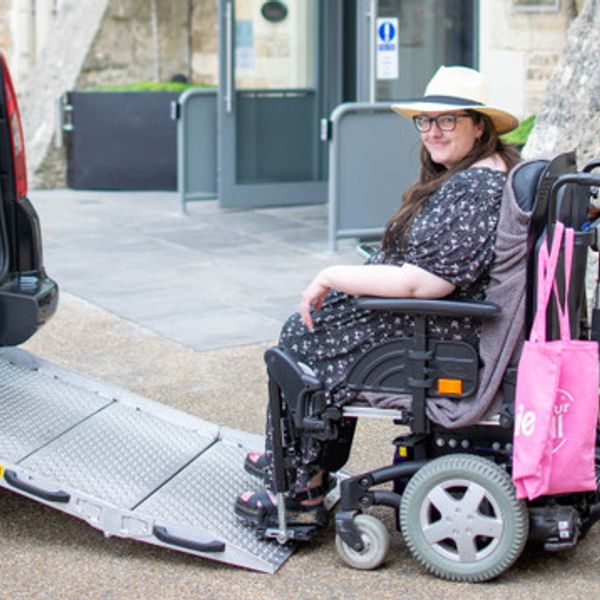One of the many perks of having an electric car is the free road tax. While petrol and diesel vehicles will almost always cost you a few quid each year, EVs have always been rated at £0. However, that is all about to change – and the new charges will cover cars which are already on the roads.
Here’s all you need to know….
Q: Will electric cars have to pay road tax?
Yes. From 1 April 2025, drivers of electric and other low emission cars, vans and motorcycles will need to pay vehicle tax. This change will apply to both new and existing vehicles which are already on the road.
This new measure effectively removes band A of the VED system which currently costs £0.

Q: How much will I have to pay?
That depends on how old your car is. If it was registered between 1st March 2001 and 31st March 2017, it will move into the lowest ‘paid for’ band of road tax, which is currently £20 a year, but it’s likely to increase before the change in implemented in 2025.
The next step up is a big one. For cars registered between 1st April 2017 and 31st March 2025 you will have to pay the ‘standard rate’ for a car, which is £190 for 2024 but will probably increase for 2025.
If you buy a new electric car after the changes are introduced, so it’s registered on or after 1 April 2025, then you will need to pay the lowest first year rate of vehicle tax (which applies to vehicles with CO2 emissions 1 to 50g/km). From the second tax payment onwards, you will pay the standard rate of £190.
Q: Will electric cars have to pay the ‘expensive car supplement’?
Yes, controversially. From 1st April 2025, electric cars (but not vans) with a list price exceeding £40,000, will need to pay the expensive car supplement from the second tax payment onwards.
That adds an additional £355 (currently) to the road tax cost every year on the car’s first, second, third, fourth and fifth year anniversaries. This is on top of the £190 ‘normal’ road tax cost.
That £40,000 price includes any options but won’t include discounts – so you’ll need to pay attention to the ‘official’ cost rather than what you actually paid.
That price level includes some fairly mundane machinery such as the Kia Niro EV, for example. Expect the car makers to adjust price lists to bring attractive models below the threshold though.

Q: What about electric vans and motorbikes?
Most electric vans will move to the standard annual rate for light goods vehicles, which is currently £140. Electric motorcycles and tricycles will move to the annual rate for the smallest engine size. That’s £25 in 2024.
Q: Will hybrids have to pay more too?
The current £10 per year discount for hybrids (and other alternative fuel vehicles) will disappear, and the rate you will pay will depend on when the vehicle was first registered. If the vehicle was registered before 1st April 2017 the rate will depend on the vehicle’s CO2 emissions. If it was registered after you will pay the standard rate, which is currently £190.













